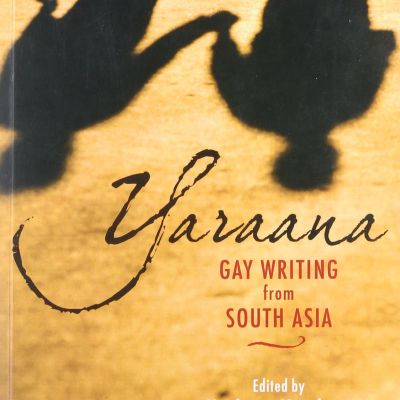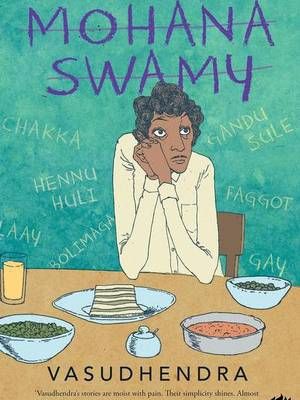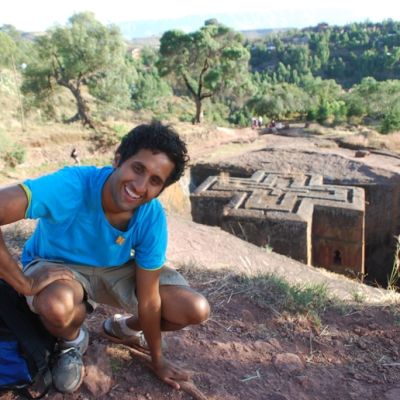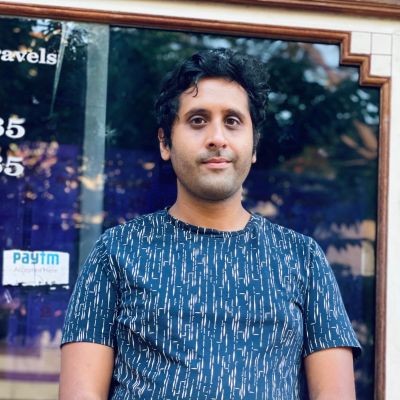Literature
हम धीरे-धीरे अपनी शर्म, असहजता, और ‘हेटेरोनॉर्मेटिव’ मानसिकता से ऊपर उठने लगे ऐसी कई सारी कृतियों का विश्लेषण करते हुए, जो न तो वात्स्यायन का ‘कामसूत्र’ थे और न ही यौनिकता पर फ़ूको की समीक्षा।
मर्दानगी के निर्माण में शर्मिंदगी की भूमिका, और नायक के खुद के विकास के लिए आत्मविश्वास और क्षमता पर इसका प्रभाव, विशेष रूप से उनके प्रारंभिक वर्षों में, खूबसूरती से सामने लाया गया है।
उनकी सेक्सी कहानियों में आनंद और फैंटसी का चित्रण पूरी तरह औरतों की इच्छाओं पर केंद्रित हैं।
देवदत्त पटनायक आधुनिक समय में, प्रबंधन, प्रशासन प्रक्रिया और नेतृत्व जैसे क्षेत्रों में पौराणिक विचारों की प्रासंगिकता के विषय पर लिखते हैं। डाक्टरी की पढ़ाई और प्रशिक्षण पूरा करने के बाद उन्होने 15 वर्ष तक स्वास्थ्य देखभाल उद्योग और दवा निर्माता कंपनियों के साथ काम किया।
Through our discomfort, shame, and often stubborn refusal to rise above heteronormativity, we unpacked a lot of these negative emotions by critically analysing texts that were neither the Kamasutra nor discourses such as Foucault’s on sexuality.
All these works have made me acutely aware of how gender, sexuality, and religion, are so deeply intertwined in the social fabric. Also, how conditioning can significantly influence one’s understanding of literature, or the lack of it.
When a literary canon is created and upheld, which are the voices that are amplified and which are the voices that are lost in the fray? Can marginalised bodies and experiences truly find representation in such a canon?
The Handmaid’s Tale leads one to re-examine these two forms of social hierarchy that women have to navigate: one where they apparently have equal sexual rights as men but have to bear most of the brunt of unwanted pregnancies, reproductive burdens and the like, and the other extreme where their decisions including those about sexual identity and procreation are institutionalised and they are robbed of all agency and autonomy.
He said ‘tender’ today/in such a way/I thought/I’d definitely like him saying/dirty things to me
Manto’s writings reflected both his own context and more. His stories dealt with eternal issues like love, deceit, pain, friendship and materialism. They also dealt with the specificity of national liberation movements, partition and the class-caste-religion matrix influencing human relationships in the particular context of South Asia.
You held my hand, we hugged each other / I was lost in your love, wanting to go further
1. A Certain Type of Life since the age of 16 I idealised a certain type of life involving certain…
Though writing about feminism and being in a position to voice out one’s opinions about the injustices and inequities that continue to exist in society is still relevant, times are also changing as we begin to understand intersectionality as an all-inclusive concept and the positions we speak from.
Kiran Bhat is an author and polyglot who speaks 12 languages, and has written in English, Kannada, Spanish, Portuguese, and Mandarin. His recently published book, We Of the Forsaken World, has been described as “the tales of not just sixteen strangers, but many different lives, who live on this planet, at every second, everywhere”.
So I am realising now that for me the space of borderlessness applies to everything. It applies to the physical and topographical border as it does to the borders we create between gender and their expressions. I think I would like to argue for a truly borderless understanding of the world.














